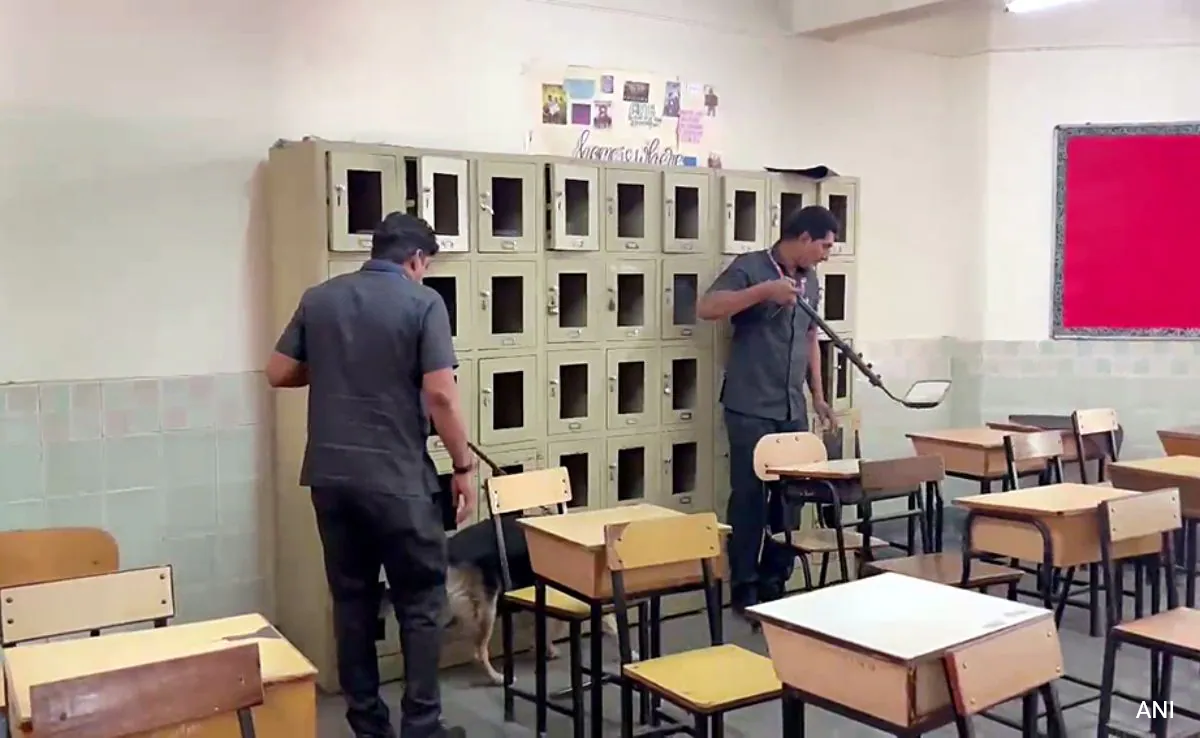A 12-year-old student in Gurugram has caused widespread concern and debate after allegedly sending a bomb threat email to a private school in an attempt to shift classes online. The incident, which unfolded on Saturday, has sparked discussions about the misuse of technology among young individuals and the challenges faced by educational institutions in addressing such situations.
The Incident
The private school received an alarming email claiming a bomb threat, which led to the immediate evacuation of the premises and a security sweep conducted by law enforcement. The situation escalated until authorities traced the email to the 12-year-old student. Upon questioning, the student admitted to sending the email but claimed it was an error in judgment rather than a calculated act.
A spokesperson for the Gurugram police remarked:
“The student confessed that he sent the email to avoid attending physical classes. He did not grasp the seriousness of his actions and is cooperating with the investigation.”

School and Police Response
The school administration acted swiftly, prioritizing the safety of students and staff. In addition to working closely with law enforcement, the school has decided to provide counseling support for the student and engage with his parents to address the underlying issues.
Authorities have emphasized that while the incident was a hoax, it underscores the need for stricter monitoring of students’ online behavior. The school principal commented:
“We are relieved that there was no actual danger. However, this incident highlights the importance of educating students about the responsible use of technology and the consequences of their actions.”
Legal and Social Implications
Under Indian law, even hoax threats can carry severe legal consequences. However, given the student’s age, the focus is likely to remain on rehabilitation rather than punishment. Legal experts have pointed out the need to balance accountability with sensitivity when dealing with minors in such cases.
Child psychologist Dr. Ramesh Kaul remarked:
“This case reflects the growing pressures and misunderstandings children face today. It is vital to address the root causes, such as academic stress or fear of in-person interactions.”
Impact on Schools
This incident has prompted schools across Gurugram and other cities to re-evaluate their safety protocols and digital literacy programs. Many institutions are now considering adding cybersecurity and ethical behavior lessons to their curriculum to prevent similar occurrences in the future.
Digital Misuse and Parental Role
The case has also opened a dialogue about the role of parents in monitoring their children’s digital activities. Experts recommend that parents educate their children about the responsible use of technology and encourage open communication to address fears or concerns they may have about school or other social settings.

The Bigger Picture
The Gurugram bomb threat incident serves as a wake-up call for educators, parents, and policymakers. It sheds light on the unintended consequences of widespread internet access among young individuals and highlights the need for comprehensive digital education.
As authorities continue their investigation, the focus remains on ensuring that the student understands the gravity of his actions while preventing such incidents in the future. Schools and parents alike must work together to create environments where children feel supported and understood, reducing the likelihood of them resorting to such extreme measures.
Looking Ahead
The incident emphasizes the importance of equipping students with the tools and knowledge to navigate the digital world responsibly. With growing instances of technology misuse, educators and parents must work proactively to foster a sense of accountability and maturity in young minds. Meanwhile, law enforcement and educational institutions must ensure robust systems are in place to handle such emergencies with efficiency and care.

